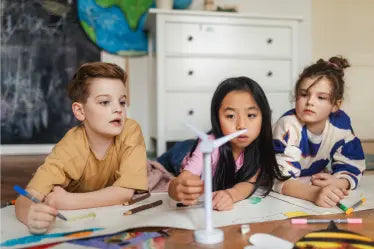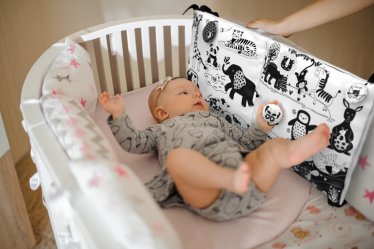No Products in the Cart
Buy any 2 and get FLAT 10% OFF | Use Code: BYOB10
Buy any 3 and get FLAT 15% OFF | Use Code: BYOB15
Get a free gift on orders above ₹1499
Note: Coupon codes are not valid on combos, and cannot be clubbed with other offers.
TOTAL:
₹0












